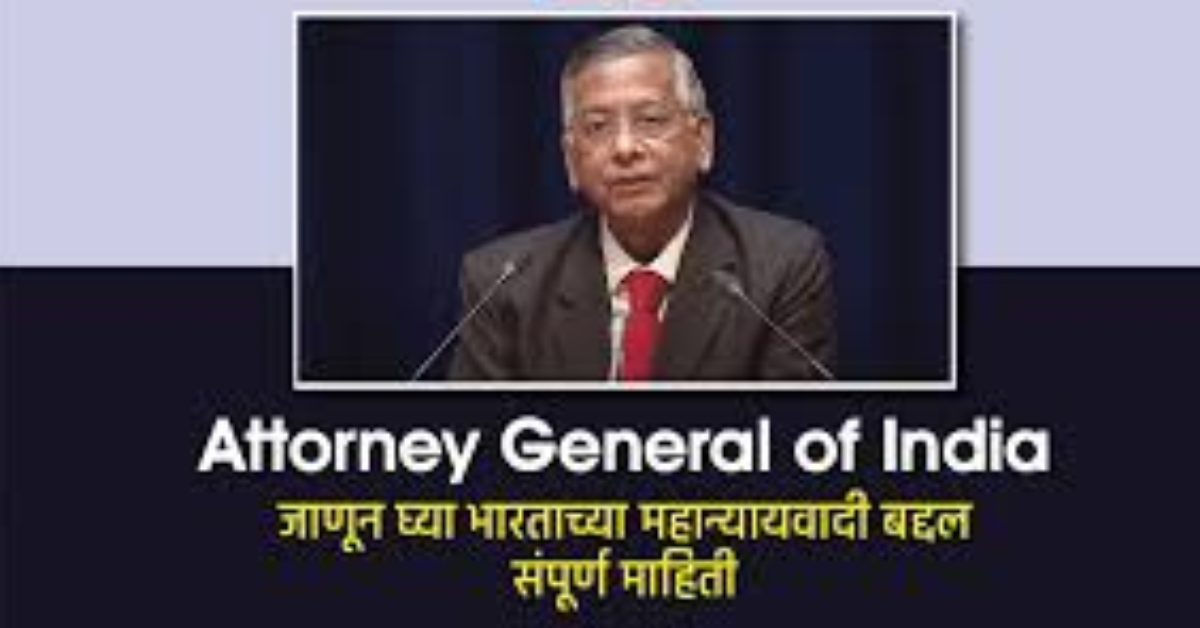The Attorney General of India (AGI) is the chief legal advisor to the Government of India and serves as the primary advocate for the government in the Supreme Court and other high courts. Appointed under Article 76 of the Indian Constitution, the AGI plays a crucial role in upholding the legal framework of the country.
Appointment and Tenure
- The Attorney General is appointed by the President of India on the advice of the government.
- The person must be qualified to be appointed as a Supreme Court judge.
- The term is not fixed, and the AGI serves at the pleasure of the President.
Powers and Responsibilities
1. Legal Advisor to the Government
- Provides legal opinions on complex constitutional and legal matters.
- Advises the government on policies, treaties, and legislative matters.
2. Representation in Courts
- Represents the Government of India in cases before the Supreme Court and High Courts.
- Can take part in proceedings but does not have voting rights in Parliament.
3. Defending Government Policies
- Ensures government policies and actions withstand legal scrutiny.
- Advocates for constitutional compliance of policies and legislation.
4. Discretionary Functions
- Can attend Parliamentary proceedings without the right to vote.
- Offers legal counsel on complex cases even when not explicitly sought.
Limitations and Challenges
- No Executive Authority: The AGI is not a member of the government and does not have executive powers.
- Confidentiality and Ethics: Must balance government interests with constitutional obligations.
- Potential Conflicts of Interest: As a private lawyer, the AGI may also take private cases, leading to possible ethical dilemmas.
Recent Trends and Developments
- Judicial Activism: Increasing role in advising on landmark cases involving fundamental rights.
- Technology and Law: Involvement in legal aspects of digital regulations and data privacy.
- Public Interest Litigations (PILs): Active role in addressing social and policy-related legal matters.
Conclusion
The Attorney General of India is a pivotal figure in the Indian legal system, ensuring that government actions comply with constitutional mandates. Their expertise in legal matters helps shape government policies and maintain the rule of law in the country.

